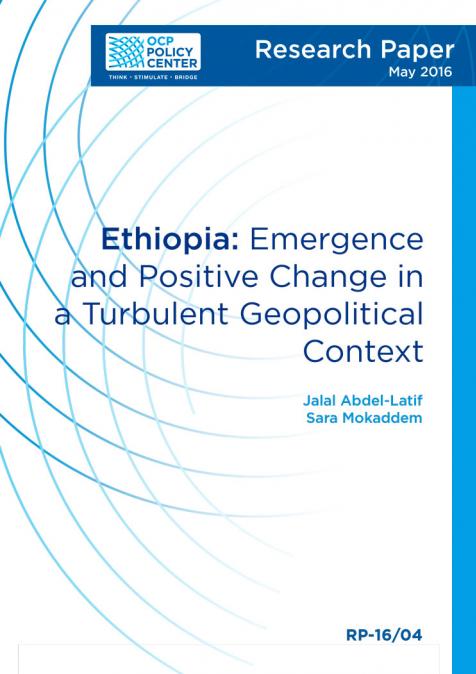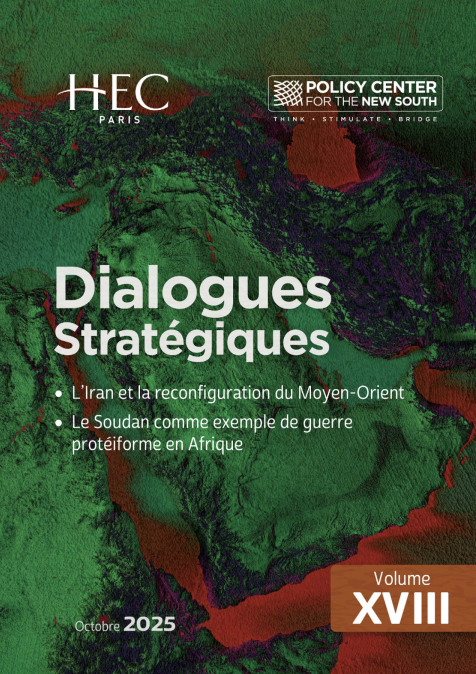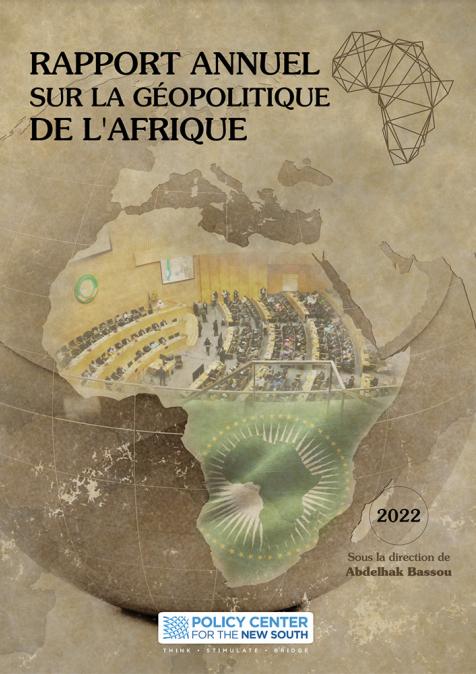Publications /
Research Paper
Ethiopia is located at the heart of the Horn of Africa. Torn between its position within the Greater Middle East (Culcasi 2008, 128 and Fukuyama 2008, 206) from one side, and Sub Saharan Africa on the other, this East African state is landlocked in a region marked by intense and long-standing political strife and conflicts, and is directly exposed to regional insecurity and political volatility. Against this unstable background, successive regimes and governments in Addis Ababa have been continuously challenged with ensuring stability and prosperity in the context of a turbulent regional landscape. The end of the civil war in 1991 with the establishment of the Transitional Government of Ethiopia (1991-1995) and then the coming to power of the Ethiopian People’s Revolutionary Democratic Front (EPRDF) following the country’s first multi-party election in May 1995, marked a new phase in a centennial leadership transformational process. From a centralized feudal empire, to a communist military dictatorship that collapsed in face of rebel revolutionaries, later forming an umbrella revolutionary democratic organization--the EPRDF.
Ethiopia’s current growth is not only a numerical miracle but it is visible on the ground. Remarkably recording high and sometimes double-digit growth rates for the past decade, the booming construction sector along with the agriculture, manufacturing and service sectors are the main drivers of this economy, boasting one of the highest growth rates across the globe. Yet, while Ethiopia’s strategic thinking on its emergence and development is mainly focused on the country’s internal flaws, that is to say its vulnerabilities, poverty and famine, it is now rapidly facing greater risks from regional turmoil with surrounding civil conflicts and the exacerbation of existing tensions due to the increased militarization of the region under ‘anti-piracy’ measures and now, with the war in Yemen.
Through this paper, we will use an anthropological and historical approach in the first part, in order to understand Ethiopia’s modern state building process since the fall of Haile Selassie’s empire to the rise of the Ethiopian People’s Revolutionary Democratic Front (EPRDF). We will also present some of the key initiatives and notions related to the country’s democratic transition, specifically the centrality of identity politics in Ethiopia’s modern nation-building and the concept of “democratic developmental state” coined by Meles Zenawi. Then, in the second section, we will underline the factors that have contributed to the federal arrangement under which the country is gradually and surely building its national identity, in order to reach national consensus around its growth and transformation agenda. Finally, we will showcase the modern developments in the country within its geopolitical context, taking into account Ethiopia’s engagement within its regional and sub-regional environments.









